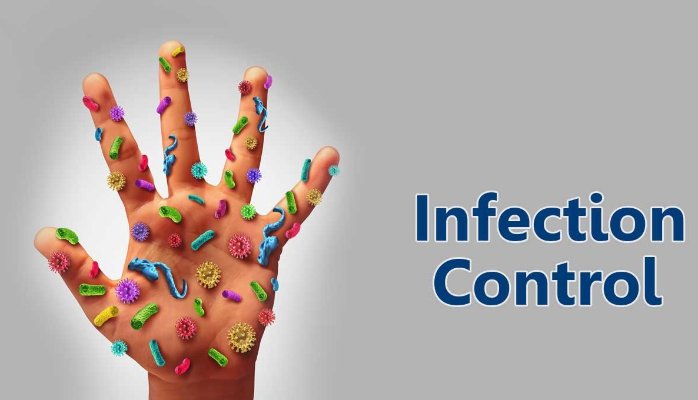
17 Aug The Value of An Infection Control Nurse
An often overlooked but critically necessary nursing specialty is that of the Infection Control Nurse. During a regular workday, every medical professional faces the myriad of bacteria, fungus, and disease that accompany their patients into the clinic. A dedicated Infection Control Nurse identifies those contaminants, establishes containment processes around the sick person to prevent transmission to others, and assists the hospital and its staff to clean and sterilize the facility to prevent the potential infection from spreading into the community.
Highly Skilled Professionals
A certified Infection Control Nurse begins her specialty education by obtaining an undergraduate nursing accreditation. Depending on the course of study or school, most Infection Control Nurses have a Bachelor’s degree in the Science of Nursing (BSN) or have an Associate’s Nursing Diploma. Some also gain a Masters degree in the Science of Nursing (MSN). In addition, before they began their courses towards the Infection Control Nursing specialty, these nurses also passed the National Council Licensure Exam (NCLEX). Finally, to apply for certification as an Infection Control Nurse, candidates must acquire at least two years of experience in infection control and prevention, which must also include
- experience with investigating and surveilling for disease and epidemiological circumstances,
- identification of the processes of infectious diseases, and
- active engagement in controlling and preventing the spread of infectious diseases.
Overarching Professionals
The Infection Control Nurse plays a critical role in keeping both hospitals and their communities safe from infectious endemics. Rather than an assignment to a specific person or ward, the Infection Control nurse is often responsible for overseeing the hygiene, sterility, and disinfection of the entire facility, including its staff and equipment. Addressing both items and processes, the Infection Control Nurse ensures that each aspect of the installation’s materials (such as bedding, pads, clothes, etc.), surfaces (glass, windows, countertops, labs, etc.), and processes (blood draws, fluid collection, etc.) is managed to exacting, medically-mandated hygienic and disinfecting standards.
As a certified Infection Control Nurse, this professional brings a plethora of infection control principles and practices to the medical facility or hospital that ensure that the conditions of the clinic don’t pose an unnecessary risk of infection to its staff or patients.
